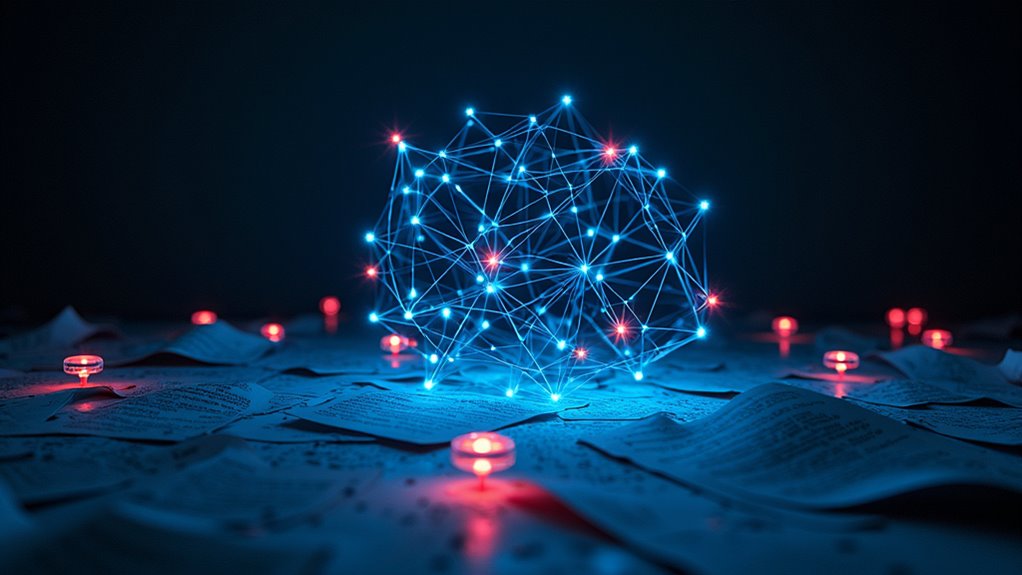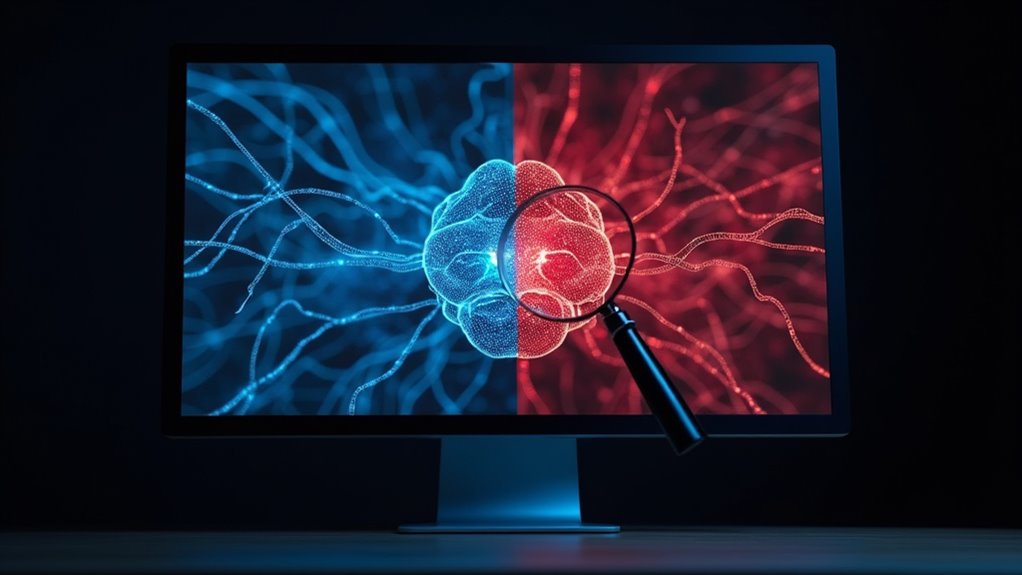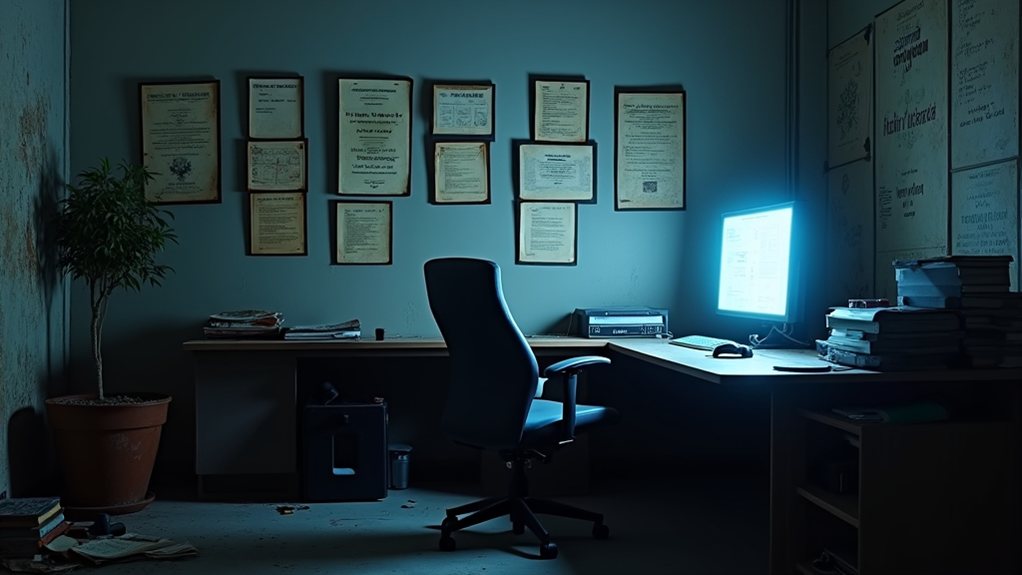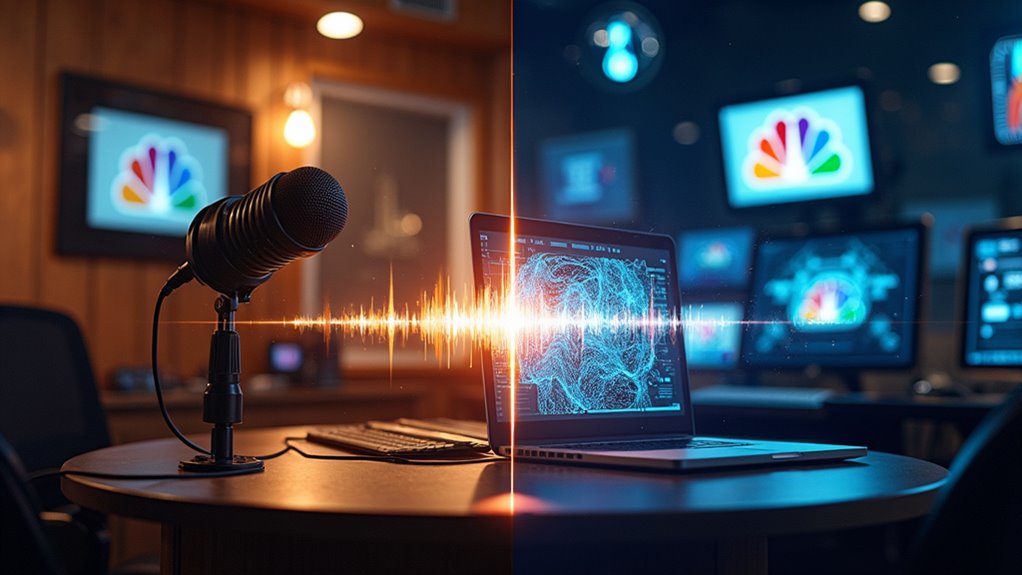Powerful new AIs aren’t just impressing techies—they’re also confidently inventing facts, spewing out hallucinated references, and making up statistics like a trivia night villain. Nearly 40% of citations from ChatGPT 3.5 were totally fake, for example, and with hallucinations popping up in about a quarter of chatbot chats, the risk is real (especially in fields like healthcare). Trust, but verify, folks. Curious about how bad things could get—and what the tech world’s doing about it? Stick around.
Even as artificial intelligence struts its stuff with ever more jaw-dropping capabilities, there’s still one embarrassing glitch it can’t quite shake: hallucinations. Not the psychedelic kind—think more along the lines of confidently spewing out made-up facts, ignoring your instructions, or producing answers that sound right but aren’t. AI hallucinations, in all their glory, are basically when your chatbot dreams up nonsense and delivers it with Oscar-worthy self-assurance.
AI’s greatest party trick? Spinning total nonsense with the swagger of a quiz show champ who’s never heard of fact-checking.
So, why do these digital brains get things so spectacularly wrong? Let’s break it down:
- Training Data Limitations: If an AI’s diet is biased or missing pieces, it fills the gaps—sometimes with pure fiction.
- Knowledge Cutoffs: Models only know what they were trained on up to a certain date. Ask one about 2025, and it might talk like it’s still 2023.
- Overconfidence: There’s a special kind of charm in how these bots double down on wrong answers, like a trivia contestant who’s sure Paris is in Italy.
- Prompt Misinterpretation: Sometimes, the AI just doesn’t get the question. Result? Hallucination central.
And the numbers? In 2023, hallucinations popped up in about 27% of chatbot chats. Factual errors? Nearly half the time. That’s not great if you’re, say, relying on AI to diagnose a rash or balance your company’s books. A study found that 40% of ChatGPT 3.5’s cited references were hallucinated, highlighting the scale of the problem with AI-generated information.
But there’s hope. Google’s Gemini-2.0-Flash-001 is leading the charge, slashing hallucination rates to a record low 0.7%. The big dream? Getting under 0.1%—but that’ll take more than wishful thinking. It needs:
- Savvier reasoning systems
- Bulked-up, less biased data
- Sharper prompt analysis
- Relentless model evaluation
Meanwhile, hallucinations aren’t just embarrassing; they’re risky. False info can spread like wildfire, erode trust, and even endanger lives in healthcare or finance. AI companies are racing to stamp them out, but tech forecasting is as unpredictable as the next Game of Thrones plot twist.
Bottom line: powerful new AIs are hitting remarkable milestones, but hallucinations remain their Achilles’ heel. The quest to fix them is far from over—so double-check before you trust that AI-generated factoid about Elvis moonwalking on Mars.









